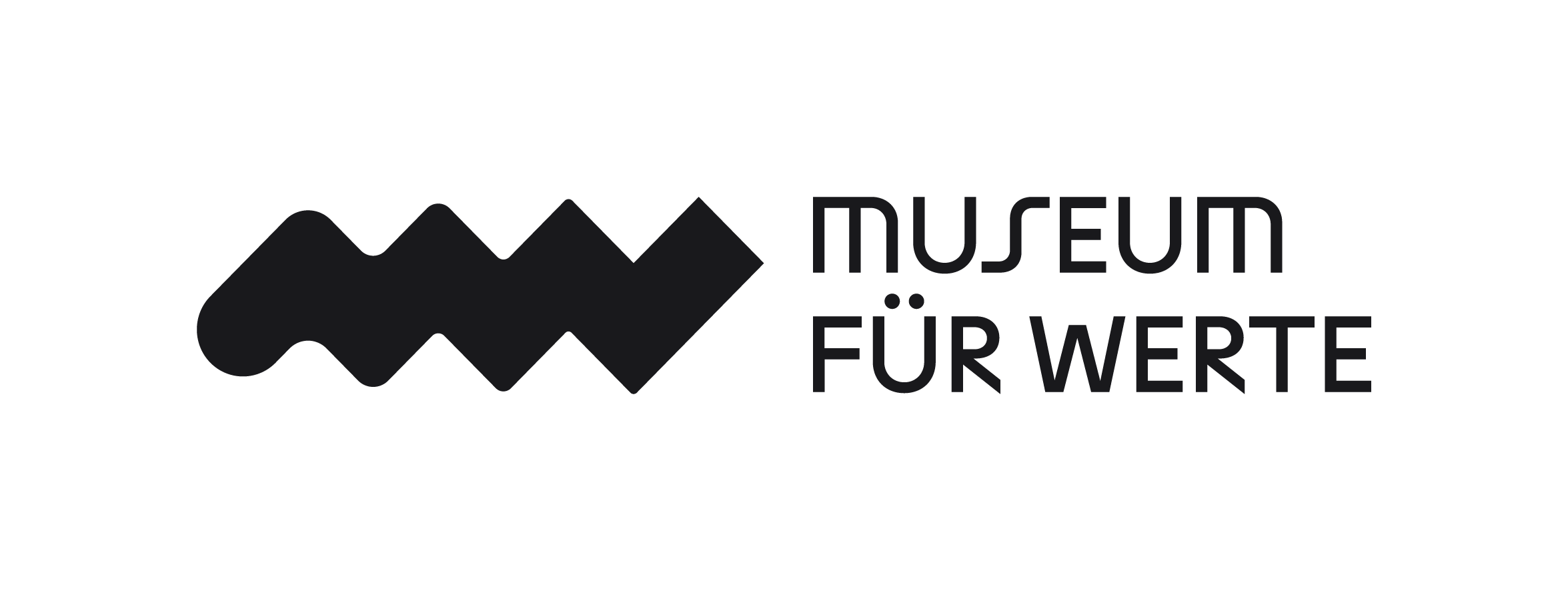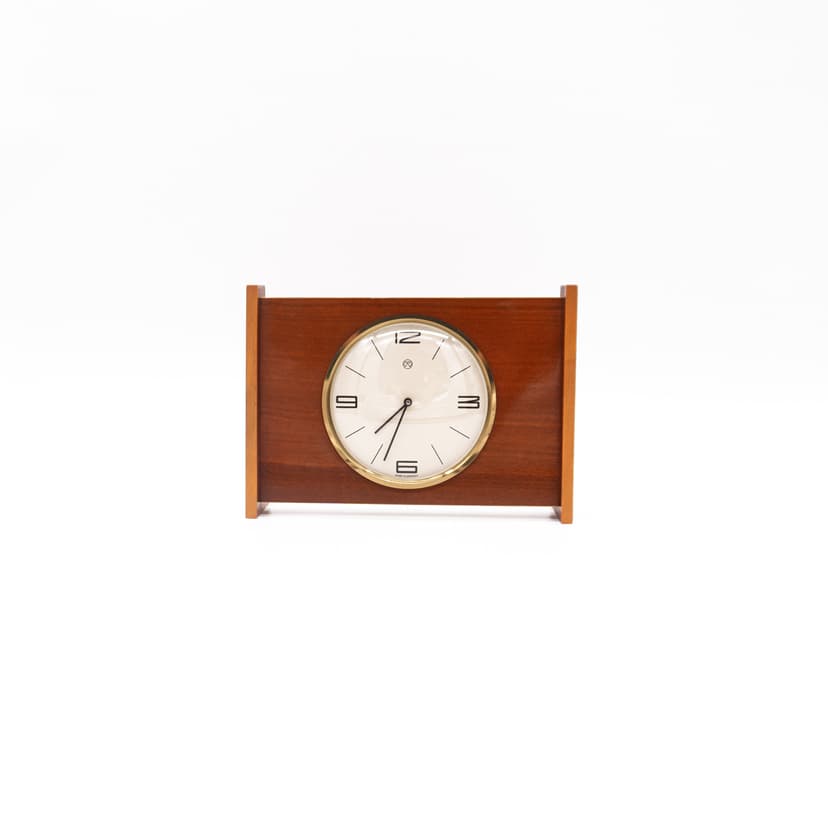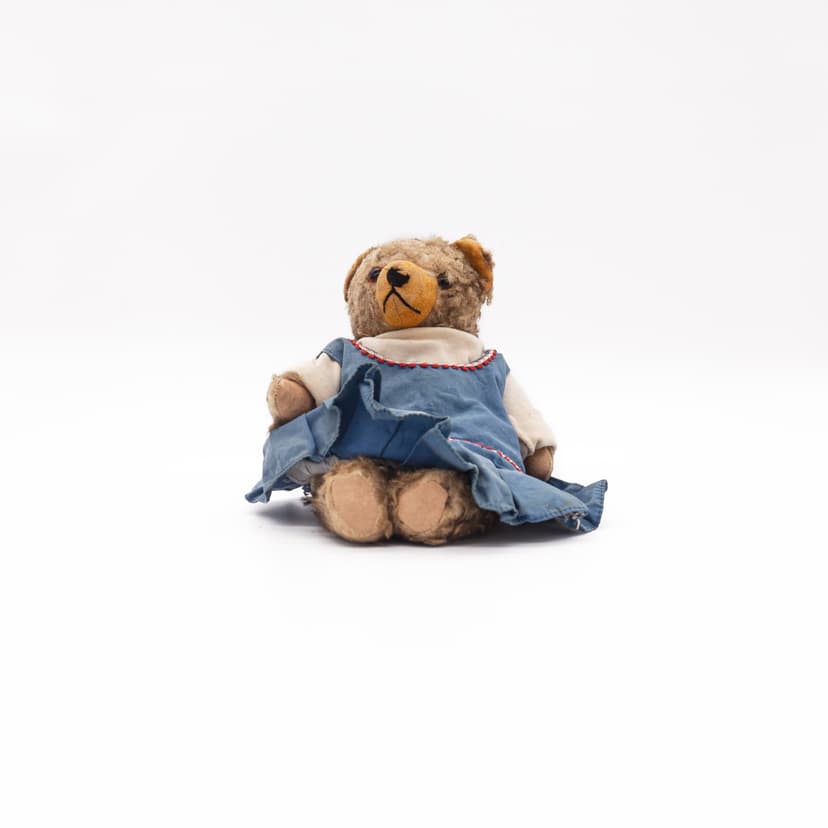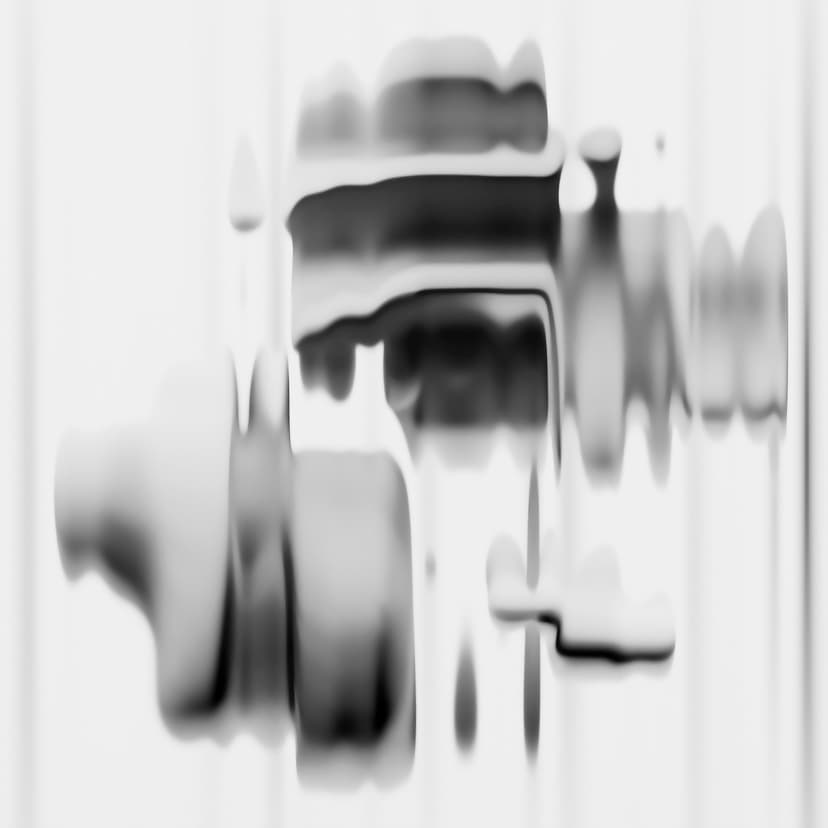My name is Ruth, and I was born in 1937 in Westerhausen, in the Quedlinburg district, two years before the start of World War II. I remember the bombs and sirens well; it was always horrible. First came the flares, which they used to scout out the drop sites. It looked like large, glowing fir trees in the sky. And then the wail of the sirens. We would always flee to the basement until we heard the sirens stop. It was always a long, drawn-out sound. Then we could go out again. To this day, that siren sound is the same, whether it's during a fire alarm in the villages or, like that one year when they tested the emergency sound for the population. It took me back to the past. It still scares me when I hear it. I also still think of Hitler, that idiot. Even as a child, I didn't understand why we had to change the clocks, from summer to winter time and vice versa. I always thought, "What's the point of this?" Whenever I have to change the clocks these days, stupid Hitler comes back to mind. But he stayed in the war and was declared dead because no one knew what had happened to him. These are the kinds of things I want to get out of my mind, but I can't. It stays in my head. When I was in school, we always had to raise our hands to greet each other. Good day! And then raise your hand. And we always had to deal with politics. There was an award for the best apprentice in the learning program, so if you were good enough, you got this award. I got it once, too; I had to go along with everything, even if I wasn't for the regime. You always had to. I then got a book award: "How the Steel Was Tempered," so politics again. We were constantly bombarded with it. At school, we also watched films about political issues and had to write essays about them afterwards. But I didn't want to get involved with politics at all; I didn't want any of that. But we had to, and I found it horrible. During elections, we had to go in groups from school, from house to house, and remind people that everyone had to vote; it was compulsory. If someone said they didn't want to, we always had to say how good it was in the Eastern Zone. I always felt so wrong about it; I didn't even believe it myself. Most of the time, I agreed with those people, against the regime, but I had to join in. I always stayed in the background, right at the back, but I didn't say a word. We had to agitate, that's what it was called, that was the most important thing. On June 17, 1953, the uprising took place. That's when I realized I had to get out of here. I had to go over there. Everything about the GDR made me angry. I hated politics. I hated the regime. I hated having to deal with politics everywhere. I didn't want that. I didn't want any of it anymore. And the uprising showed me that I finally had to leave. It was time.




